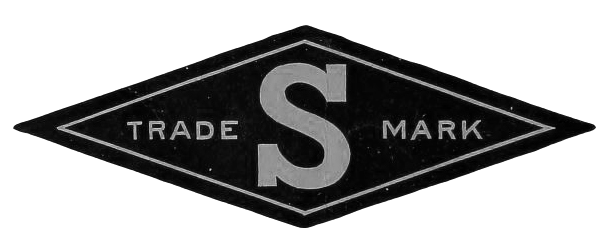
This film felt short. I don’t know if it was because I was so intrigued by the subject matter or because of the way that it was set up. It’s about Michael Woodford and his experience as CEO of Olympus Corporation. He deals with several struggles during his time with the company. Most notably, with his boss that he can’t seem to communicate effectively with. He becomes CEO and the previous CEO becomes President which confuses everyone. He’s also in the middle of a huge fraud case and no one will talk to him about it. His actions come across as abrasive and disrespectful to the community and his colleagues.
What I found most interesting about this film was the nuanced behavior between everyone involved and how certain people interpreted it. Woodford asks for meetings with higher ups and is told that he can’t. So instead of just giving up, he schedules them behind their backs. He’s CEO, so he believes that it’s okay. The people in Japan think completely differently than he does. The higher-ups claim that he’s being disrespectful and should follow the inherent hierarchy that Woodford doesn’t understand. The two cultures never seem to meet and it causes huge amounts of problems. The press conferences with Olympus were also super fascinating because of the way that people talked to the press in Japan. There was almost this feeling of community inside them. This came up the most when one of the executives said that he was sorry for lying like he let his family down. In America, I don’t think you’d see that kind of behavior.
I really did enjoy the pacing of the film. It felt like it was a little over an hour not two. I think the chapter divides slowed down the movie, but it really didn’t slow the film down all that much. There were points where I thought that it was going to take a dive bomb and make you read some important document. That never happened. The film was set up in a way that made it easy to follow without having to know everything that was going on at once. The facial expressions and the vocal patterns captured enough emotion to make everything coherent and sound familiar. There were also no heavy financial terms that made the film hard to understand either. It stayed away from what the Big Short did. The Big Short, for those who don’t know, tried explaining things like IPOs and bond terms with celebrities to keep you interested just long enough to understand. This film stayed far away from those words and used words like “losses” and “gains” which are simple and easy to understand. I think that it kept the audience much more engaged and didn’t force them to think about other things except the film in front of them and how they felt about it.
Unfortunately I found this film largely forgetful. I don’t mean that in a bad way. I just mean it as for me, it never took risks. It never tried something that was out of the ordinary and that’s why I can’t say it was better. For me, it was a great one off and it was education but I don’t think it’ll change my opinion of what documentaries can do. I would’ve liked for it to try to present its arguments in a more nuanced way. Despite being mostly forgetful, I think it did a good job in presenting both sides although one side was never interviewed. I think it did its best while not having one whole side.
Overall, I did enjoy this film. It was entertaining and educational. I think it offered an interesting perspective. I would’ve liked both parties to have their opinions out there like in Montage of Heck (Kurt Cobain documentary). I still think it was a good film and didn’t feel like my time was wasted while I was watching it. I would recommend it to anyone who likes financial markets especially the Asian ones.
Score: 7 out of 10







